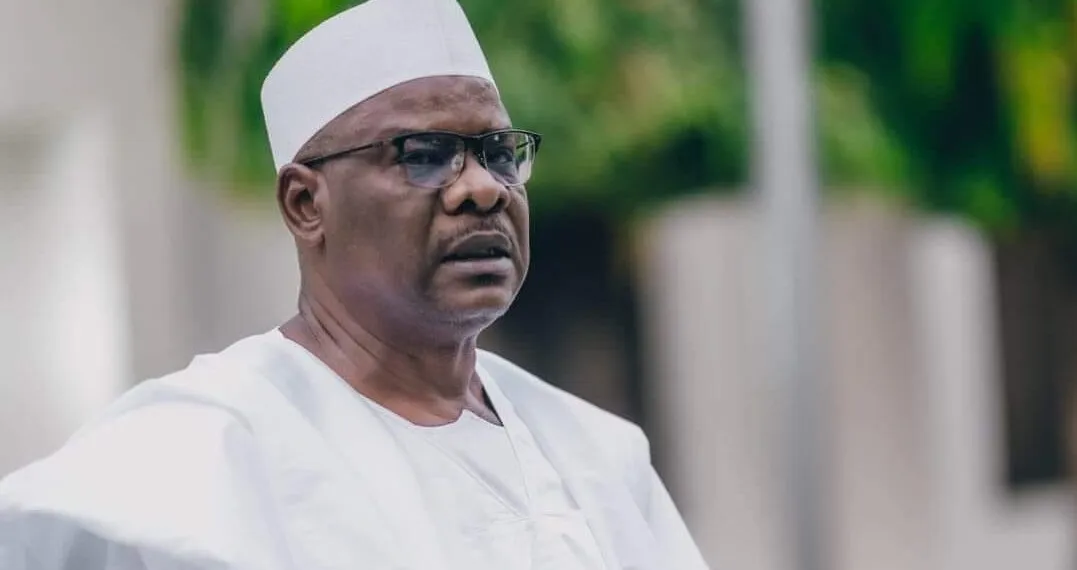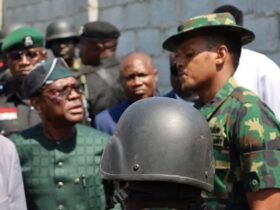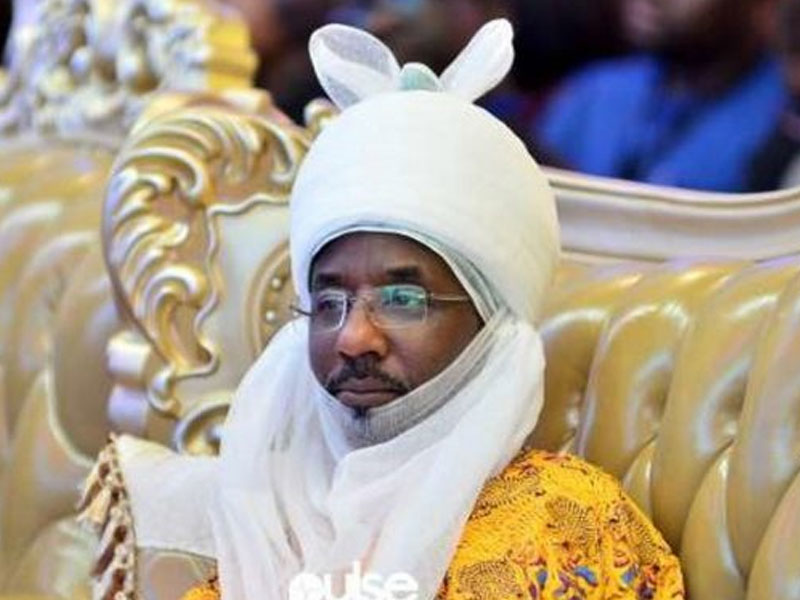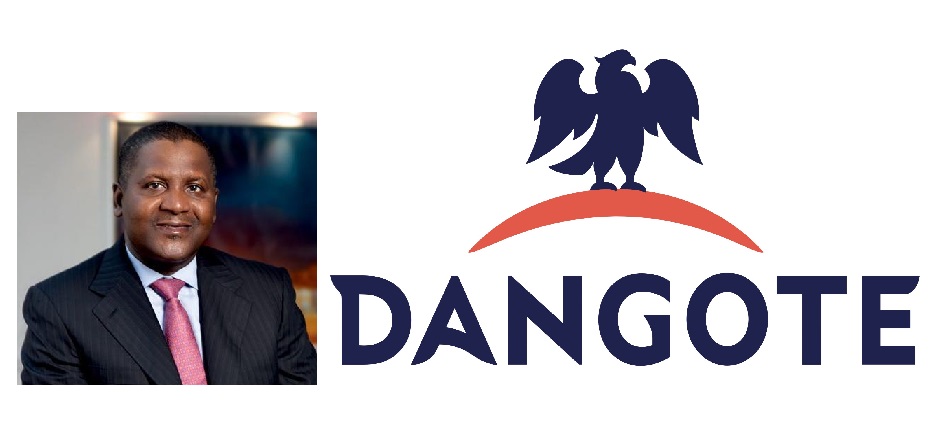Senator Ali Ndume, representing Borno South in the Nigerian Senate, has made a striking declaration: Nigeria doesn’t need aid from the United States or any other country. According to him, Nigeria is rich enough to not only take care of its citizens but also to help other nations. So, what’s holding the country back? Ndume points to one major issue—poor leadership.
This bold statement comes at a time when the U.S. is undergoing a dramatic shift in its foreign aid policies, particularly targeting the U.S. Agency for International Development (USAID). Let’s dive deeper into Ndume’s perspective and the global context surrounding his remarks.
Nigeria’s Wealth vs. Leadership Woes
Ndume’s argument is simple yet powerful. Nigeria is blessed with abundant resources—oil, minerals, arable land, and a vibrant population. The country has the potential to be a global powerhouse, but poor leadership has stifled its progress.
“We have everything,” Ndume emphasized during his interview on Channels Television. “The only problem is in the leadership. We need to fix that so we can tap into what we have and be content with it.”
He also highlighted the irony of Nigerians leaving the country to take on menial jobs abroad, while in the past, foreigners flocked to Nigeria to work as expatriates. “Now, Nigerians are struggling to go outside the country to be slaves, so to say, and doing some dirty jobs to survive,” he lamented.
The U.S. Crackdown on USAID: A Global Context
Ndume’s comments coincide with a controversial move by the Trump administration to dismantle USAID, labeling it a “criminal organization.” Elon Musk, who heads the newly created Department of Government Efficiency (DOGE), has been at the forefront of this campaign, calling USAID “evil” and accusing it of being a hub for radical-left Marxists.
Adding fuel to the fire, U.S. Congressman Scott Perry recently accused USAID of funding terrorist organizations like Boko Haram. During a hearing titled “The War on Waste,” Perry claimed that USAID had allocated $136 million to build schools in Pakistan, raising questions about the agency’s priorities and accountability.
Ndume’s Call to Action: Self-Reliance Over Foreign Aid
Ndume’s message is clear: Nigeria must stop relying on foreign aid and focus on fixing its internal problems. “The security and welfare of Nigerian citizens is the responsibility of the government, not any other country,” he stated.
He believes Nigeria should be in a position to give aid, not receive it. “By now, Nigeria is supposed to be the one giving out aid, not the one receiving it,” he said. “This is a wake-up call for all of us to stand up and demand better leadership.”
Conclusion: A Nation at a Crossroads
Senator Ndume’s remarks are a rallying cry for Nigerians to hold their leaders accountable and unlock the country’s vast potential. With the right leadership, Nigeria could transform from a nation dependent on foreign aid to a self-reliant powerhouse that supports others.
As the global landscape shifts with the U.S. reevaluating its foreign aid policies, Nigeria has an opportunity to redefine its role on the world stage. The question is: Will its leaders rise to the occasion?
















Got a Questions?
Find us on Socials or Contact us and we’ll get back to you as soon as possible.